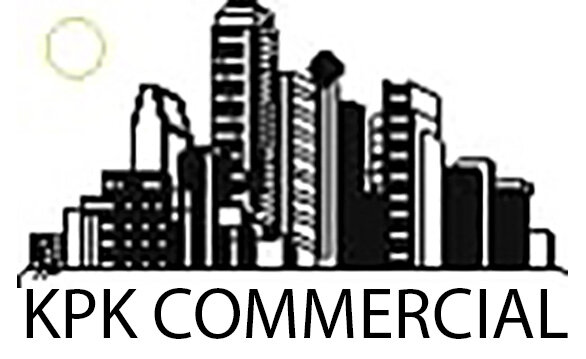It is very important to understand that the listing broker at the building does not represent you or your interests. Their fiduciary responsibility is to represent the landlord or owner's interest. Therefore, it is a good idea to have an agent who serves tenant or buyer interests exclusively. The compensation for the agent(s) is factored into the rent and/or sales price. A Tenant/Buyer’s Representative will basically “bring the market to the table,” which includes negotiating the most favorable terms. This can save you and your company time and money.
Tenant representation
Select Broker Representative
Establish Overall Program Goals
Select Prospective Buildings
Request for Proposals/Select Finalist
Evaluate Space Plans
Final Negotiations to include Contract Negotiations
Project Management/ Occupancy/Continued Support
buyer representation
Select Broker Representative
Secure financing
Identify Preferred Property/Submit Purchase Offer
Inspection/Due Diligence
Hire Vendors (architect, IT specialist, movers, etc.)
Negotiate Best & Final Price, based on inspection items
Closing
Are you primarily interested in enhancing your company image, cutting your rent costs, locating a more skilled labor pool, reducing employee travel time, escaping government regulation, providing for future growth or turning your real estate holdings into assets rather than expenses? Answering these questions will help set the stage for the selection of your new business home.
Particularly important to any search for a new building site, whether for “purchase or for lease”, is the location and the overall physical condition of the building. However, when leasing, stability of the ownership and solid building management/security must not be overlooked. Below are some differences and cause for closer review with our clients when selecting and negotiating terms for different types of “for lease” properties as described below:
Office
- Typically Gross Lease (rent includes expenses as utilities, common area maintenance, taxes and insurance), 3-5 year operating expense history review is important as tenant typically participates only in any annual expense “overages”, from base year, or year they moved in the building.
- Select building with a floor plate that is most efficient. Landlords use the terms rentable and usable square footage that must be understood for most functional use of space.
- Meet with some existing Tenants for levels of satisfaction or dissatisfaction with their building.
- Ingress/Egress to the building, particularly important when you have sales team members in and out of the building throughout the day
Industrial
- Typically Net or Modified-Gross Lease (rent excludes utilities and some expenses as common area maintenance, taxes and insurance), in which case the tenant pays all or a portion of the actual operating expenses, based on their percentage share in relation to the total square footage of the entire building. So, operating expense history review becomes even more important as a part of negotiations.
- Important: Heating & Air (HVAC) repair/replace is typically the tenant’s responsibility. Your broker should collect all details on existing units and negotiate a fair arrangement that will safeguard and benefit you throughout the lease term.
Retail
- Typically Net Leases (rent excludes utilities and all expenses as common area maintenance, taxes and insurance), so, operating expense history review is critical! As with industrial, tenant is also responsible for equipment, which includes HVAC repair/replacement. This is certainly an area for negotiation.
- Location of shopping center, ingress/egress to the center, the particular suite location you select and consideration of existing “Tenant Mix", must be closely evaluated for success of your business.
